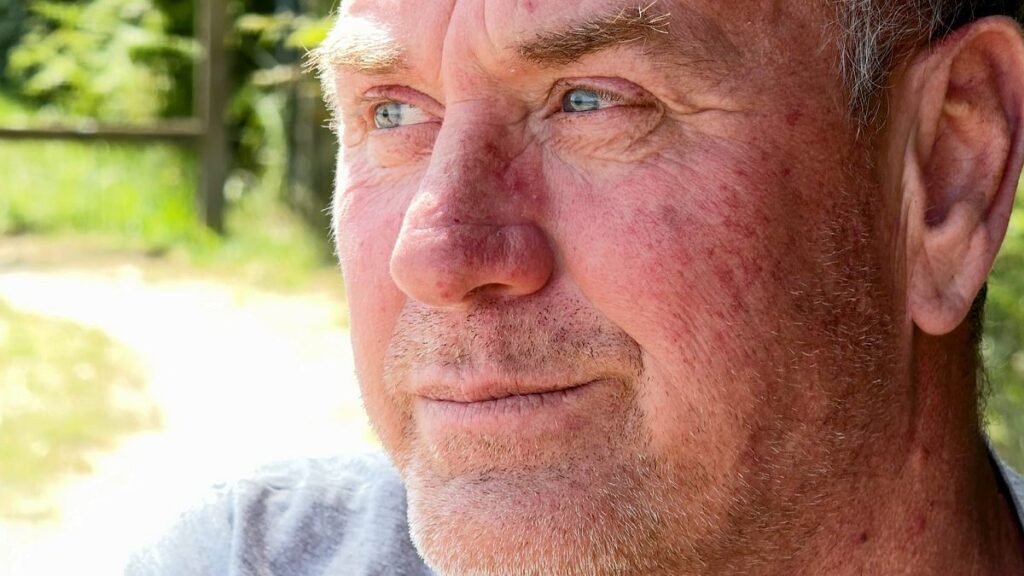Published on •Updated
But 30 years of exposure to glyphosate has shattered his dreams and his existence. He was diagnosed five years ago with an intravascular B-cell lymphoma, a rare form of cancer. It has been recognised as an occupational disease.
Glyphosate is the most widely used herbicide in the world and also the most controversial. It has been classified as “probably carcinogenic” by the International Agency for Research on Cancer (IARC) since 2015. More recent studies from research institutes such as the French National Institute of Health and Medical Research (INSERM) have established a likely link between exposure to the chemical and certain forms of cancer.
Yet, the European Union has extended its authorisation until 2033, relying on studies by EFSA and ECHA, the European authorities for food and chemical safety.
Several environmental and consumer rights organisations challenged the decision before the European Court of Justice last April.
The gap between assessments results from the methodologies used by research institutes and European regulatory agencies, according to Xavier Coumoul, a toxicologist and researcher at Inserm in France. “When a pesticide manufacturer wants to market a product, the regulatory agencies require the manufacturer to conduct its own tests to prove the product is safe,” he explains.
This process raises many questions surrounding the independence of these surveys.
“EFSA gives little consideration to epidemiological studies and relies considerably on what the industry provides, whereas Inserm or IARC rely much more on the academic literature and monitoring real-life product use.”
Ludovic Maugé, whose life now hangs by a thread, is among those for whom the product’s toxicity is undeniable. After undergoing more chemotherapy than is usually permitted, his last hope, he says, is a transplant using his own modified stem cells. It’s a vanishingly small chance. “As my oncologist told me, we can no longer speak of a cure,” he confides.
Since his cancer was recognised as an occupational disease, Ludovic receives a modest social allowance, along with monthly compensation of 180 euros from Bayer-Monsanto — which manufactured the product that poisoned him.
“It’s a pittance, but I don’t care. What mattered most to me was to see my illness recognised as work-related.”
Despite his daily ordeal, Ludovic, who can no longer work, wants to take his fight further. “What I want is to spread the message to everyone. Glyphosate destroyed my life — it poisoned me. These products destroy people and destroy nature,” he insists. He is outraged by the EU’s decision to renew glyphosate’s authorisation.
“When I see politicians reauthorising these products, it makes me furious. It’s the pesticide lobby. Unfortunately, we can’t do anything against these politicians and Bayer-Monsanto. If I had one thing to say to the European Union, it’s this: just ban these products. That’s it.”
Read the full article here

